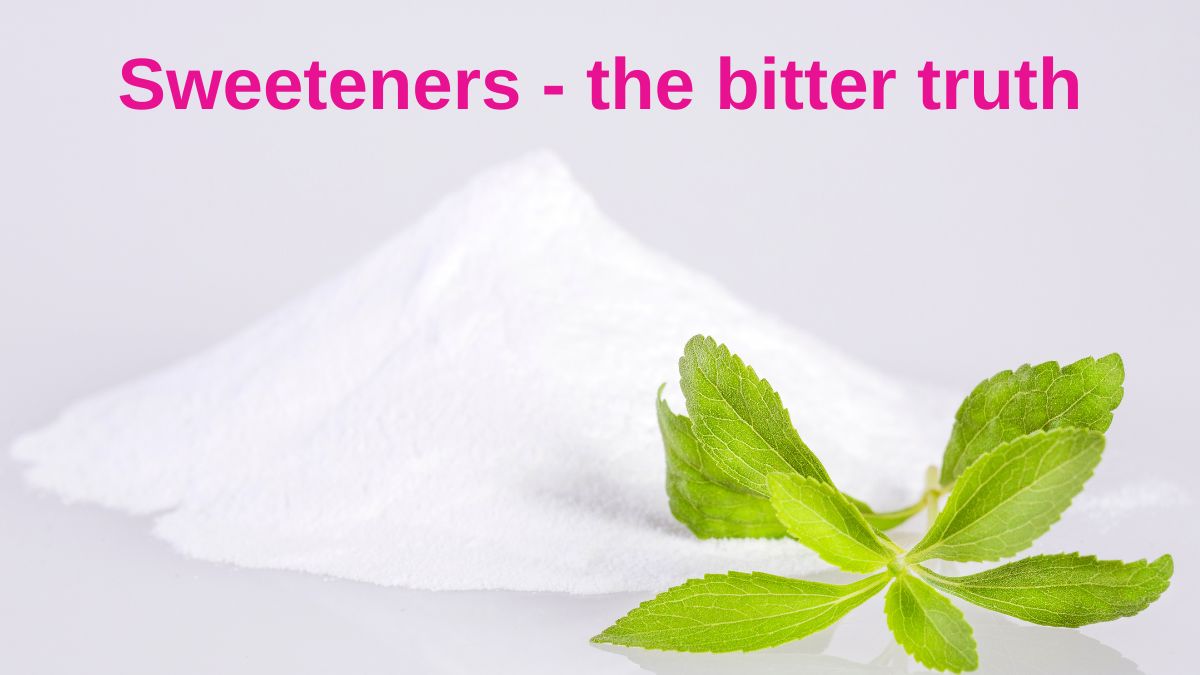Many of us have used artificial sweeteners as an alternative to sugar, but they are not the healthy alternative we are led to believe by the marketing people. They may have zero calories, but they certainly don’t have a zero impact on your health.
Sugar Substitutes
There are a huge number of different types of artificial sweeteners or sugar substitutes. They can lurk in the ingredients list, so here are a few to look for, with a bit of information about what they are and the potential impact on your health.
- Aspartame. Sold under the brand names NutraSweet, Equal, or Sugar Twin, aspartame is 200 times sweeter than table sugar.
- Acesulfame potassium. Also known as acesulfame K, it’s 200 times sweeter than table sugar. It’s suited for cooking and baking and sold under the brand names Sunnet or Sweet One.
- Erythritol. Is found naturally in some foods. It’s also made when things like wine, beer, and cheese ferment. Has also been a man-made sweetener since 1990. You can find it with other substitutes like aspartame and stevia to make them sweeter.
- Neotame. Sold under the brand name Newtame, this sweetener is 13,000 times sweeter than table sugar and suited for cooking and baking.
- Saccharin. Sold under the brand names Sweet’N Low, Sweet Twin, or Necta Sweet, saccharin is 700 times sweeter than table sugar.
- Sucralose. Sucralose, which is 600 times sweeter table sugar, is suited for cooking, baking, and mixing with acidic foods. It’s sold under the brand name Splenda.
- Stevia. tabletop sweeteners, such as Truvia®, Pure Via®, Stevia In The Raw®, SPLENDA® Naturals Stevia Sweetener, SweetLeaf® and Enliten®, as well as other retail products sold under store-brand names.
What is the impact of sweeteners on our microbiome?
Your gut bacteria play an important role in your health and wellbeing. A happy gut with a healthy diverse microbiome is vital for energy, mood and weight management, and poor gut health is linked to numerous problems.
A recent study has shown that artificial sweeteners disrupt the gut microbiome in many participants, not only this but they affected the oral microbiome too.
What the impact of sweeteners on our weight?
Many people began taking sweeteners as a calorie free alternative to sugar in a bid to help with their weight loss goals. And foods and drinks are often marketed as either ‘low calorie’ or ‘diet’ which would lead us to beleive that they would help with weight management.
However there are many studies show that this is not at all the case. In fact, some studies have shown that there is a link to obesity and consumption of foods laden with sweeteners. Whilst this might also be down to the kinds of foods (heavily processed) that the sweeteners are in the results are pretty shocking.
The thought behind this is that the sweeteners are driving our cravings and we are consuming more foods in a bid to satisfy the desire. Thus, leading to an increase in calorie consumption overall.
How do you kick the sugar habit?
Sugar can be thought of as an addictive food. It triggers hormones and reward pathways that create a reward, and our body will search out more to continue to reward ourselves. Combine this with the fact that society has conditioned us to associate sweet foods as a ‘treat’ and we are fighting an uphill battle.
I have recorded several podcasts about this topic and would recommend listening to them, or reading the associated articles to help you further on your journey to manage the amount of sugary foods in your diet.
Episode 142 – 5 tips to help you kick your sugar habit
Episode 124 – Breaking Sugar Habits with Mellissa Rohlfs
Episode 173 – Quitting Sugar and Releasing your Potential with Jenn Edden
Natural ways to sweeten your food.
Ultimately artificial sweeteners, or sugar alternatives are not natural food. They are attempting to mimic a food without the substance or nutrition. And whilst refined sugar has no nutritional benefit, there are natural foods that you can add to your meals and drinks that will add a natural sweetness and have some nutritional benefit.
- Honey particularly raw (unprocessed) honey has antioxidant benefits. It has been shown to support the immune system and has been used throughout history to support health and wellbeing.
- Maple Syrup another great source of antioxidants it also contains good levels of minerals, especially manganese and zinc.
- Cane Sugar very similar to processed sugar but has been less processed and therefore still contains a few nutrients.
- Coconut Sugar retains quite a bit of the nutrients found in the coconut including minerals iron, zinc, calcium, and potassium, as well as phytonutrients such as polyphenols and antioxidants.
It is important to note that even these more natural forms of sugar should be consumed in moderation as they do cause sharp increases in blood glucose levels and therefore can drive illnesses such as diabetes.
My personal approach is to exclude any sweeteners from my diet completely, and to consume natural sweeteners (as listed above) in moderation. When baking I use cane sugar, and mostly use honey or maple syrup elsewhere.
I recently did a live session on sugar and sweeteners in my Fab Female Community as part of my regular Nutrition Bites series. If you would like to know more about ways to support your health and wellbeing naturally it is a free community, and I would love it if you joined me there.




